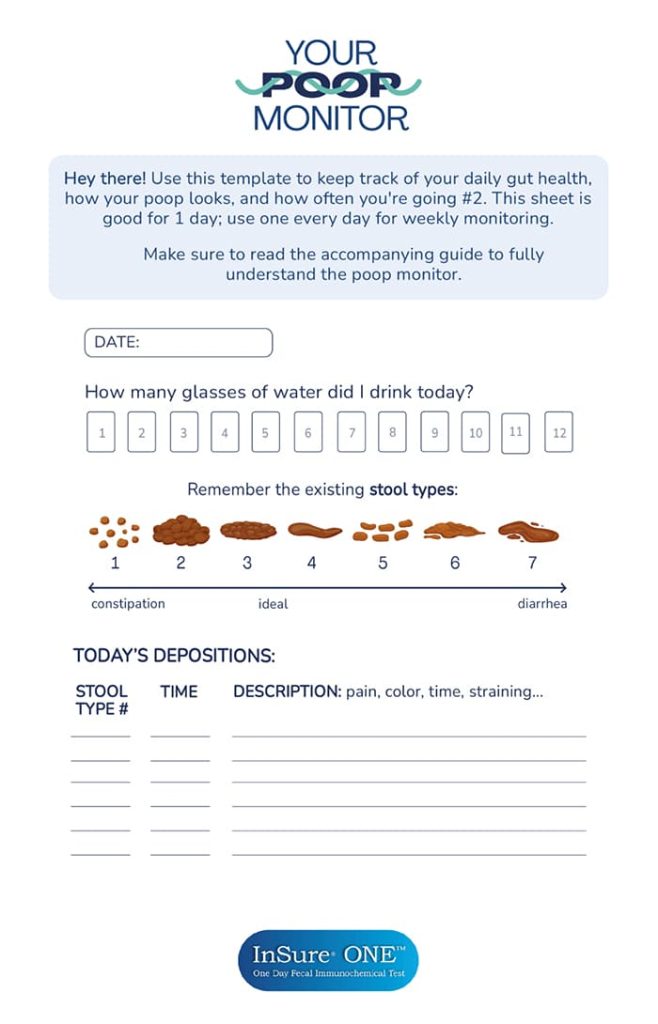As autumn rolls in, you might notice your eating habits subtly shifting. Perhaps you’re craving heartier meals or finding it harder to stick to your routine. The changes in your diet, combined with colder weather, can significantly impact your digestive health. You’re not alone—many people experience shifts in their gut health as the seasons change.
For women over 50, these changes can be even more pronounced. Your gut health plays a crucial role in your overall well-being and understanding how seasonal changes affect your gut can help you maintain optimal health throughout the year.
How Seasons Influence Gut Health
Seasonal changes and gut health are more connected than you might think. As the seasons shift, so does your gut microbiome—the community of bacteria that live in your digestive system. These bacteria are responsible for breaking down food, absorbing nutrients, and supporting your immune system. As the environment changes, so too does the makeup of your microbiome, which can influence your digestive health.
Seasonal Changes in the Microbiome
Your gut microbiome is highly adaptable and reacts to changes in the weather, diet, and activity levels throughout the year. In the summer, when fresh fruits and vegetables are abundant, your gut might flourish with various beneficial bacteria. However, during colder months, when diets often shift to heavier, more processed foods, the diversity of your microbiome can decrease. This can make your gut more vulnerable to bloating, constipation, and discomfort.
Dietary Changes and Gut Health
During the warmer months, you’re more likely to eat lighter meals full of fresh produce, which can promote a healthy gut. However, in the fall and winter, you may gravitate toward more comforting, carb-heavy, less fiber-rich meals. These shifts can affect the balance of bacteria in your gut, leading to a slower digestive process and an increase in gastrointestinal symptoms like bloating or indigestion. To maintain a healthy gut year-round, it’s essential to ensure that your diet includes fiber-rich foods and prebiotics.
Cold Weather and Your Gut
The weather itself can also influence how your gut functions. Colder weather can slow your digestive system, leading to constipation or other digestive issues. These changes in gut function can also affect your mood and energy levels. Additionally, seasonal changes in physical activity levels—like moving less in the winter—can further slow digestion. Staying active and hydrated is key to keeping your gut healthy during colder months.
Immune Function and Gut Health
Since 70% of your immune system is in your gut, keeping your gut healthy is key to staying well during cold and flu season. A strong gut can help protect you from common winter illnesses. During the winter, when colds and flu are more common, it’s important to support your gut health to keep your immune system strong. A weakened gut microbiome can leave you more vulnerable to infections, making it crucial to maintain a balanced diet, even during colder months.
Tips for Gut Health in Winter
- Increase Fiber: Include more whole grains and legumes in your diet.
- Incorporate Fermented Foods: Enjoy yogurt and sauerkraut to enhance gut bacteria.
- Limit Processed Foods: Reduce intake of processed foods that can disrupt gut health.
- Opt for Smaller Meals: Eat smaller, frequent meals to support digestion.
- Stay Hydrated: Drink plenty of water, especially during winter months.
- Stay Active: Regular physical activity aids digestion.
- Prioritize Sleep: Ensure you get enough rest to support gut health.
- Consider Probiotics: Take probiotics to maintain gut balance.
- Enjoy Seasonal Fruits: Winter fruits like oranges and kiwi provide fiber and vitamins.
- Use Digestive Spices: Ginger, cumin, and turmeric can help with digestion and inflammation.
By staying mindful of seasonal changes and gut health, you can take control of your digestive wellness year-round. Implementing these small but impactful changes will support your gut and keep you feeling your best through every season.
References
- Wiertsema, S. P., van Bergenhenegouwen, J., Garssen, J., & Knippels, L. M. J. (2021). The Interplay between the Gut Microbiome and the Immune System in the Context of Infectious Diseases throughout Life and the Role of Nutrition in Optimizing Treatment Strategies. Nutrients, 13(3), 886. https://doi.org/10.3390/nu13030886
- UCLA Health (2023). If you want to boost immunity, look to the gut. Retrieved from https://www.uclahealth.org/news/article/want-to-boost-immunity-look-to-the-gut
- APA citation for the webpage is: Pendulum Life (n.d.). How Gut Bacteria Changes With the Seasons. Retrieved from https://pendulumlife.com/blogs/news/how-gut-bacteria-changes-with-the-seasons
- Huus, K. E., & Ley, R. E. (2021). Blowing Hot and Cold: Body Temperature and the Microbiome. mSystems, 6(5), e0070721. https://doi.org/10.1128/mSystems.00707-21

